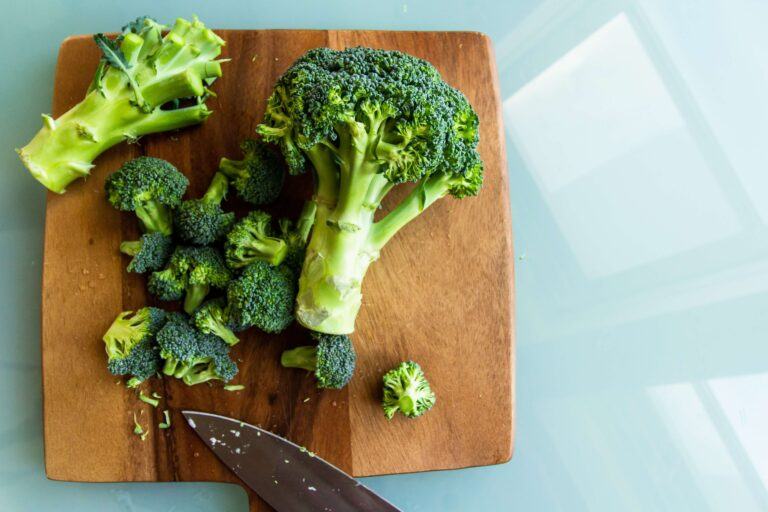Several recent studies have explored the use of acupuncture to treat polycystic ovary syndrome in women * with encouraging results. We see quite a number of patients who are suffering from PCOS at the Yinova Center and have found that a combination of acupuncture and Chinese Herbal Medicine can be really helpful for managing a number of side effects. PCOS is a complex endocrine and metabolic syndrome that affects 5% – 10% of women* of reproductive age. Common PCOS symptoms are: ovarian cysts, irregular menstrual cycles, hair loss, mood swings, abnormal hair growth, acne, and metabolic problems leading to weight gain and challenging weight loss. The cysts associated with PCOS cause a hormonal imbalance which means that sufferers have increased male sex hormones. This can disturb ovulation and lead to infertility. People who suffer from PCOS also have a higher risk of developing hypertension and diabetes and are at an increased risk of heart disease.
A study at Goteborg University in Sweden showed that electro-acupuncture may help some women* with PCOS to ovulate. Electro-acupuncture was developed in China as an alternative to manipulating acupuncture needles by hand. It involves the application of a pulsating electrical current to acupuncture needles as a means of stimulating the acupuncture points.
During the study, one group of women* with polycystic ovary syndrome received acupuncture regularly for four months. A second group of women* were provided with heart rate monitors and instructed to exercise at least three times a week. A control group was informed about the importance of exercise and a healthy diet but was given no other specific instructions.
The study showed that activity in the sympathetic nervous system was lower in the women* who received acupuncture and in those who took regular exercise than it was in the control group. The acupuncture treatment brought further benefits. “Those who received acupuncture found that their menstruation became more normal. We could also see that their levels of testosterone became significantly lower, and this is an important observation since elevated testosterone levels are closely connected with the increased activity in the sympathetic nervous system of women*”, says Elisabet Stener‑Victorin the lead researcher. 38% of women* who received the electro-acupuncture experienced regular ovulation. However, the electro-acupuncture was not effective in the more severe cases (obese, highest waist-to-hip ratio, and highest testosterone and insulin individuals).
What causes PCOS remains a mystery, but we do know that PCOS sufferers have a higher sympathetic nervous system (SNS) activity than other people so it may be that acupuncture is calming the SNS and thus leading to a reduction in symptoms.
In Traditional Chinese Medicine (TCM), PCOS is usually attributed to Kidney Yang Deficiency (poor metabolism) and Damp Accumulation (fluid-filled cysts) and has been treated for hundreds of years using a combination of herbs and acupuncture. Some herbs such as zao jiao ci (Spina Gleditsiae Sinensis) have the ability to dissolve the waxy coat around the ovarian cysts and at the Yinova Center, we use them as part of a larger formula to reduce cysts. Other herbs such as bu gu zhi (psoralea) and xian mao (circuligo) help metabolic slowdown and insulin resistance and at the Yinova Center, we usually combine them with herbs that calm an overactive system such as huang jing (polygonatum) and herbs that balance hormones such as dang gui (tangkuei).
In my book Making Babies, we give the following advice to PCOS patients
- Scientific studies have shown that depending on your starting weight, losing up to 10% of your body weight can result in normal ovulation in people with PCOS. This can be achieved by eating the right foods and making necessary lifestyle changes. If you’re not sure where to start, we’re here as a resource!
- Cut down on animal fats and increase essential fatty acids.
- Eat a wide range of fruits, vegetables, and low-fat protein such as chicken, fish, and beans.
- Balance your blood sugar by limiting your carbohydrate intake. Don’t cut out carbs altogether, though, as that can lower serotonin levels and leave you feeling depressed. Instead, eat healthy carbs such as whole grains.
- Take N-acetyl cysteine (NAC) to help reduce circulating testosterone, cholesterol, plasma triglycerides, low-density lipoproteins, and insulin. These supplements may make a great addition to your daily routine.
- Get plenty of antioxidant nutrients from foods and supplements. They fight inflammation which can exacerbate PCOS.
- Aim to get regular exercise to increase your metabolism. Aim for a half-hour of brisk walking a day.
- Practice stress management. Not only can this have beneficial effects on your overall well-being, but it can improve your symptoms. Stress stimulates the production of more hormones, including testosterone, which makes PCOS worse. We often recommend trying yoga, meditation, or a warm bath.
- See an acupuncturist for help restoring ovulation and achieving hormonal balance.
- See a certified herbalist about creating a formula that reduces cysts and balances hormones.
- Allow at least three months of treatment before trying to conceive. Follicles exposed to excess androgens will be of poor quality and lead to a higher risk of miscarriage.
* Language used in the study referenced.






